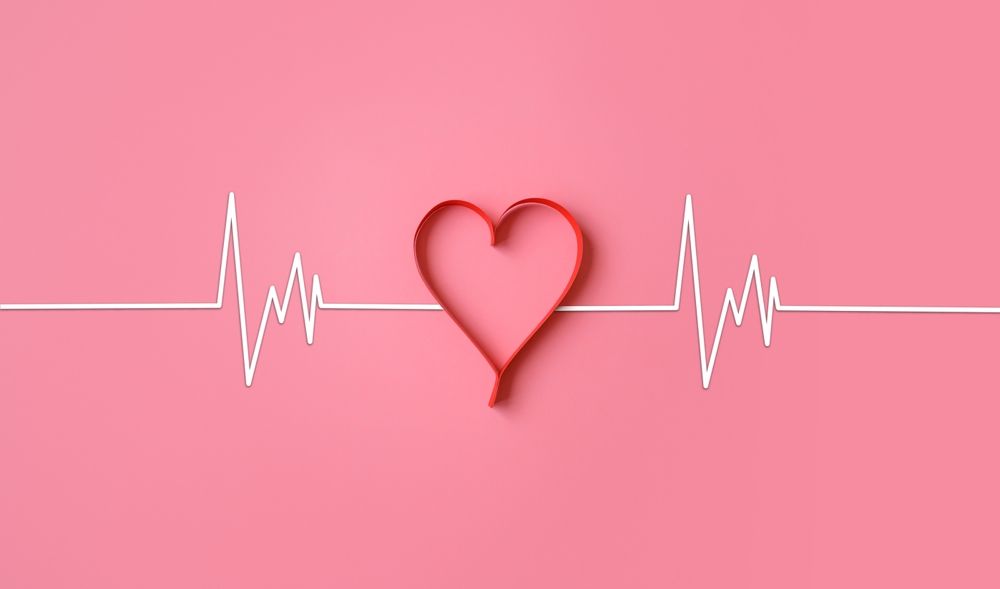IV Therapy for Food Poisoning Recovery: Quickly Replenish Nutrients
IV Therapy for Food Poisoning Recovery: Quickly Replenish Nutrients

Understanding Food Poisoning: Causes and Symptoms
Food poisoning is a common illness caused by ingesting contaminated food or beverages. Bacteria, viruses, and parasites present in spoiled or improperly prepared food are often the culprits. Common causes of food poisoning include:
- Undercooked meats
- Unwashed fruits and vegetables
- Expired dairy products
- Cross-contamination during food preparation
Symptoms of food poisoning can vary widely, but they generally include nausea, vomiting, diarrhea, abdominal cramps, and fatigue. In severe cases, dehydration may occur, which can lead to more serious health issues. The onset of symptoms can range from a few hours to several days after consuming contaminated food, depending on the type of pathogen involved. For instance, infections caused by Salmonella may manifest within 6 to 72 hours, while those from Norovirus can appear as quickly as 12 hours after exposure.
The Role of Nutrients in Body Recovery
When battling food poisoning, your body requires various nutrients to recover effectively. These essential nutrients help to restore and replenish lost fluids, electrolytes, and energy. Key nutrients involved in recovery include:
- Electrolytes (sodium, potassium, magnesium)
- Glucose for energy
- Vitamins (such as B vitamins and vitamin C) to support immune function
Ensuring these nutrients are reintroduced into the body can significantly speed up the recovery process and help mitigate the symptoms associated with food poisoning. Hydration is particularly crucial; drinking clear fluids, such as water or electrolyte solutions, can help replace lost fluids and prevent dehydration. Additionally, consuming easily digestible foods like bananas, rice, applesauce, and toast—often referred to as the BRAT diet—can provide the necessary nutrients without overwhelming the digestive system. It’s also beneficial to avoid spicy, fatty, or high-fiber foods until recovery is well underway, as these can exacerbate gastrointestinal distress and prolong discomfort.
The Science Behind IV Therapy
Intravenous (IV) therapy is a medical technique that delivers fluids, medications, and nutrients directly into the bloodstream. This method enables rapid absorption and can be especially beneficial during recovery from food poisoning.
How IV Therapy Works
During an IV therapy session, a healthcare provider will insert a thin needle into a vein, typically in the arm. A sterile IV bag containing a saline solution helps maintain hydration, while added nutrients can support the body's recovery process.
IV therapy bypasses the digestive system, allowing for quicker and more effective delivery of essential nutrients when the body is unable to retain or absorb food orally due to vomiting or diarrhea.
Benefits of IV Therapy for Nutrient Replenishment
The benefits of IV therapy for individuals recovering from food poisoning are substantial. Some of these benefits include:
- Rapid rehydration to combat dehydration.
- Immediate delivery of essential nutrients that are often lost during illness.
- Reduced recovery time and alleviation of symptoms.
- Customized treatment plans based on individual nutrient deficiencies.
IV therapy ensures the effective delivery of these critical components for rejuvenation, making it a preferred option for many clinicians treating food poisoning.
IV Therapy for Food Poisoning: A Closer Look
IV therapy can play a significant role in the recovery from food poisoning. Understanding the specifics of this treatment can help individuals make informed choices.
The Process of IV Therapy for Food Poisoning
The process typically begins with a consultation between the patient and healthcare provider to discuss symptoms and requirements. Following this, a suitable IV solution is selected. This may include:
- Hydration fluids
- Electrolyte replacement
- Vitamins and minerals
Once the IV is set up, the patient relaxes while the fluids are administered, often taking 30 minutes to a couple of hours. Comfort is emphasized during the session to promote a relaxing environment.
Essential Nutrients Delivered Through IV Therapy
Common nutrients administered through IV therapy during food poisoning recovery include:
- Hydration solutions containing electrolytes
- Vitamin C for immune support
- B vitamins for energy production
This tailored delivery system ensures nutrients reach the bloodstream promptly, aiding in quicker healing and restoration of health.
Safety and Efficacy of IV Therapy for Food Poisoning
While beneficial, it's important to consider the safety and efficacy of IV therapy when dealing with food poisoning. Proper administration is crucial to minimize risks.
Potential Risks and Side Effects
As with any medical treatment, there are potential risks associated with IV therapy, including:
- Infection at the injection site
- Allergic reactions to IV solutions
- Vein inflammation or blood clots
However, these risks are rare, especially when the procedure is conducted by trained medical professionals.
Success Rate of IV Therapy in Treating Food Poisoning
Numerous studies and clinical observations support the efficacy of IV therapy in managing food poisoning. Many patients report significant improvements in their symptoms within hours of receiving treatment. The incorporation of IV therapy has also shown to lead to shorter hospitalization durations and fewer complications overall.
Frequently Asked Questions About IV Therapy for Food Poisoning
To further clarify IV therapy for food poisoning, let’s explore some frequently asked questions.
Preparing for Your IV Therapy Session
Before attending your IV therapy appointment, it's important to stay hydrated and inform your healthcare provider of any medications or health conditions you have. Dress comfortably, as you will be seated for the procedure.
What to Expect During and After IV Therapy
During the therapy, you may feel a slight prick from the needle but most patients find the experience comfortable. Afterward, it's common to feel hydrated and have a notable reduction in symptoms. However, it's always advisable to follow up with a healthcare provider to assess recovery progress.
Conclusion: The Future of IV Therapy in Treating Food Poisoning
IV therapy offers a promising path for those recovering from food poisoning, providing swift rehydration and essential nutrients to aid recovery. As ongoing research explores its efficacy further, it may well become a staple in treatment protocols for food-related illnesses.
With its ability to quickly replenish nutrients and alleviate symptoms, IV therapy could be a lifeline for many patients, helping them return to health more efficiently than traditional methods.











